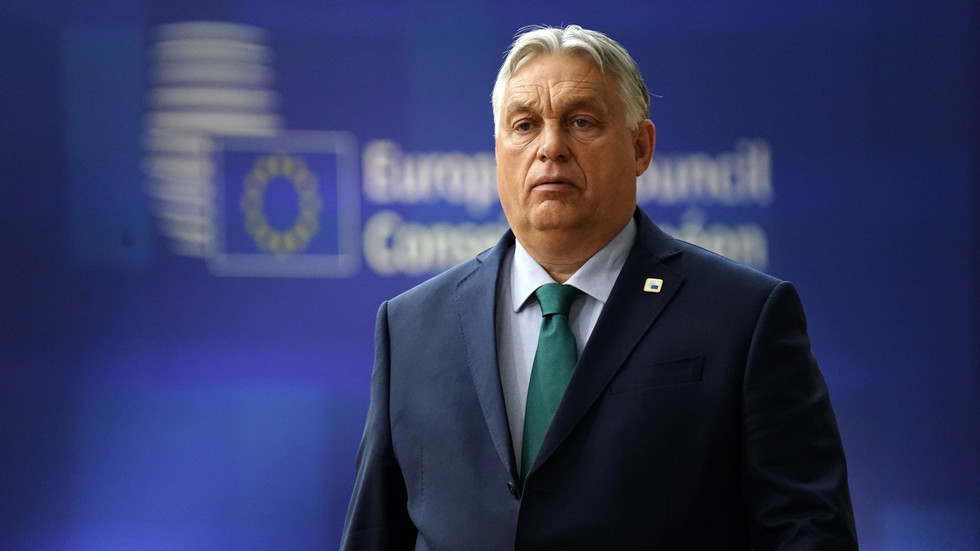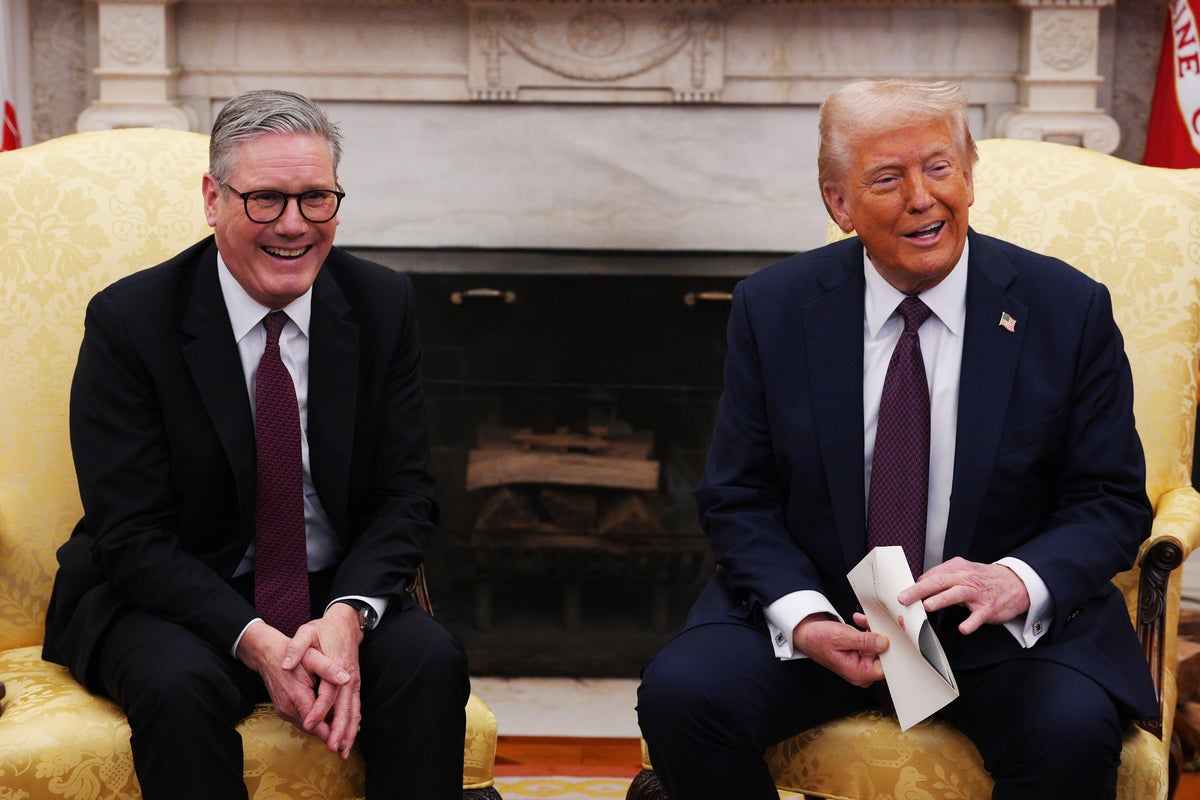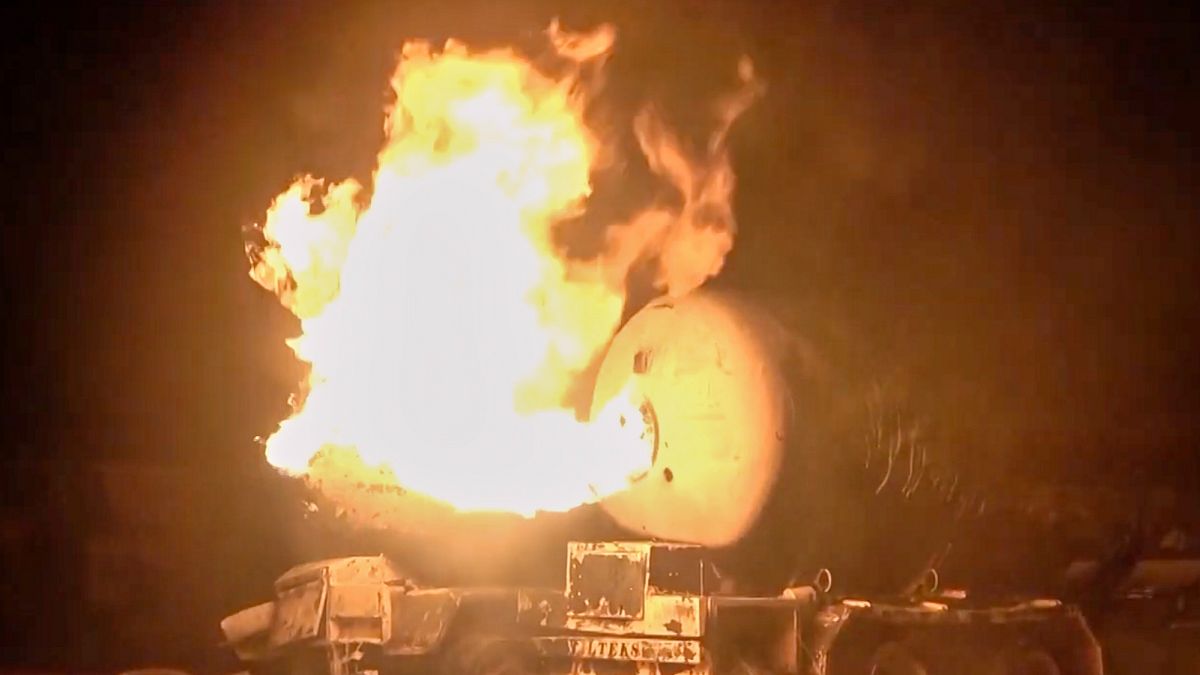She probably would have been a thorn in the side for current US President Donald Trump.
When Susan Sontag died in 2004 at the age of 71, she was a prominent writer. The cultural world in the USA and Europe held her in high regard for her astute social criticism. She intervened in political debates and many of her ideas are more relevant than ever.
In the current political context, "Sontag would undoubtedly have had a powerful voice," says cultural historian Bernd Hüppauf, who was a long-time researcher at New York University. "But would Trump be impressed? Hardly."
"Many people often ask themselves what Susan Sontag would say about our present, and I think she would have had a lot to say," agrees Sontag biographer Anna-Lisa Dieter, who was involved in two new exhibitions exploring the world of thought of the US intellectual.
"Susan Sontag: Seeing and Being Seen" is held at the Bundeskunsthalle in Bonn until September 28, and "Everything Matters" runs from May 23 through November 30, 2025, at the Literaturhaus München.
Susan Sontag's European view of the USA
Susan Sontag lived and breathed culture.
She dealt extensively with film, theater, literature, media and political issues. She published articles, essays, books and films in many fields. She was a cultural critic and director, an all-rounder who always took a clear stance.
Sontag came from a Jewish family in New York City. She studied literature, philosophy and theology at prestigious US universities and lived in Paris for several years, which gave her a European perspective on her US homeland.
Intellectual brilliance, her feel for the zeitgeist and an insatiable hunger for culture, travel and encounters — all this made her an iconic thinker and author on both sides of the Atlantic.
Against Trump's chainsaw policy
Sontag did not live to see Donald Trump's presidency. However, it stands to reason that she would be one of his fiercest critics today.
There are many aspects to criticize, including Trump's "chainsaw" policy, a term coined by Trump advisor and Tesla boss Elon Musk. Two and a half months after taking office again, Trump has launched a campaign against science. He is cutting government research funding and laying off thousands of federal science employees. The first researchers are now leaving the country, including the renowned historians Timothy Snyder, Marci Shore and Jason Stanley, who are moving to Canada.
 Trump adviser, Elon Musk, with chainsaw — symbol of the destruction of US state structures Image: Jose Luis Magana/AP Photo/picture alliance
Trump adviser, Elon Musk, with chainsaw — symbol of the destruction of US state structures Image: Jose Luis Magana/AP Photo/picture allianceSontag would probably also have been displeased by Trump's decrees against research in the areas of diversity, equality and inclusion (DEI) or the Trump administration's measures against immigration — not to mention Trump's attempt to force universities into line by withdrawing state funding, points out cultural historian Bernd Hüppauf.
However, Hüppauf does not believe that Sontag would have taken a concrete public stance on this: "I can imagine her writing an essay about the world's new autocrats in the New Yorker, but not a protest piece against Trump," Hüppauf told DW.
A public moral authority
"Intellectuals with a public impact do not exist in the United States," postulates Bernd Hüppauf in an op-ed in the German daily FAZ at the start of Trump's first term in 2016.
Despite their expertise, he adds, even the likes of Susan Sontag, Noam Chomsky or Hannah Arendt didn't manage to shape the political landscape. "The triumph of Donald Trump is not due to the failure of intellectuals, but is a symptom of the failure of democracy," concludes Hüppauf.
 A culturally critical view of the world: Susan Sontag as directorImage: Jill Krementz
A culturally critical view of the world: Susan Sontag as directorImage: Jill KrementzFor biographer Anna-Lisa Dieter, Susan Sontag was definitely "a public moral authority." As such, Sontag, who was involved in cultural politics and president of PEN America from 1987 to 1989, might also have taken offense at Trump's attacks on US museums that hold exhibitions on racism, colonialism and sexism, for example. These would have personally affected the bisexual intellectual, who surrounded herself with African-American friends.
Mediator between America and Europe
Susan Sontag saw herself as a border crosser between Europe and the USA. "She repeatedly intervened politically," says Kristina Jaspers, curator of the current exhibition on Susan Sontag at the Bundeskunsthalle in Bonn.
Occasionally, Sontag broke with her audience's expectations. For example, in 2003, the year in which US troops invaded Iraq, Sontag received the Peace Prize of the German Book Trade in Frankfurt's Paulskirche as a "mediator between Europe and the United States." It was expected that she would sharply criticize the US government in her acceptance speech. US Ambassador Dan Coats, a Republican, was therefore conspicuously absent from the ceremony. However, Sontag focused her speech on the transatlantic relationship and appealed to her fellow writers to focus their attention on the world.
 2003: Susan Sontag receives the Peace Prize of the German Book TradeImage: Michael Probst/AP Photo/picture alliance
2003: Susan Sontag receives the Peace Prize of the German Book TradeImage: Michael Probst/AP Photo/picture alliance However, she repeatedly criticized her own country.
Sontag protested against the Vietnam War, took part in demonstrations and events. She traveled, wrote and filmed. She made a documentary film about the Yom Kippur War. Sontag overcame two bouts of cancer, which she also dealt with in essays, and analyzed the socio-political context of AIDS, which killed people around her.
During the Bosnian war, she traveled to Sarajevo, which was besieged by Serbian militias.
After the terrorist attacks of September 11, 2001, she railed against the "war on terror" proclaimed by then US President George W. Bush, contradicting the prevailing opinion in the country's politics and media.
You can imagine what she would have said about Donald Trump's populism. "In my opinion, only a critical, dialectical, skeptical intelligence that counters any simplification deserves to be defended," she wrote in a volume of essays in the early 1970s.
And on the impact of images, long before the advent of Instagram, TikTok, Truth Social and the like, she noted: "Today, everything exists to be photographed." She was "almost prophetic" on certain topics, says biographer Anna-Lisa Dieter, "but in any case, she was the moral conscience that we are currently lacking."
This article was originally written in German.

 1 week ago
8
1 week ago
8









